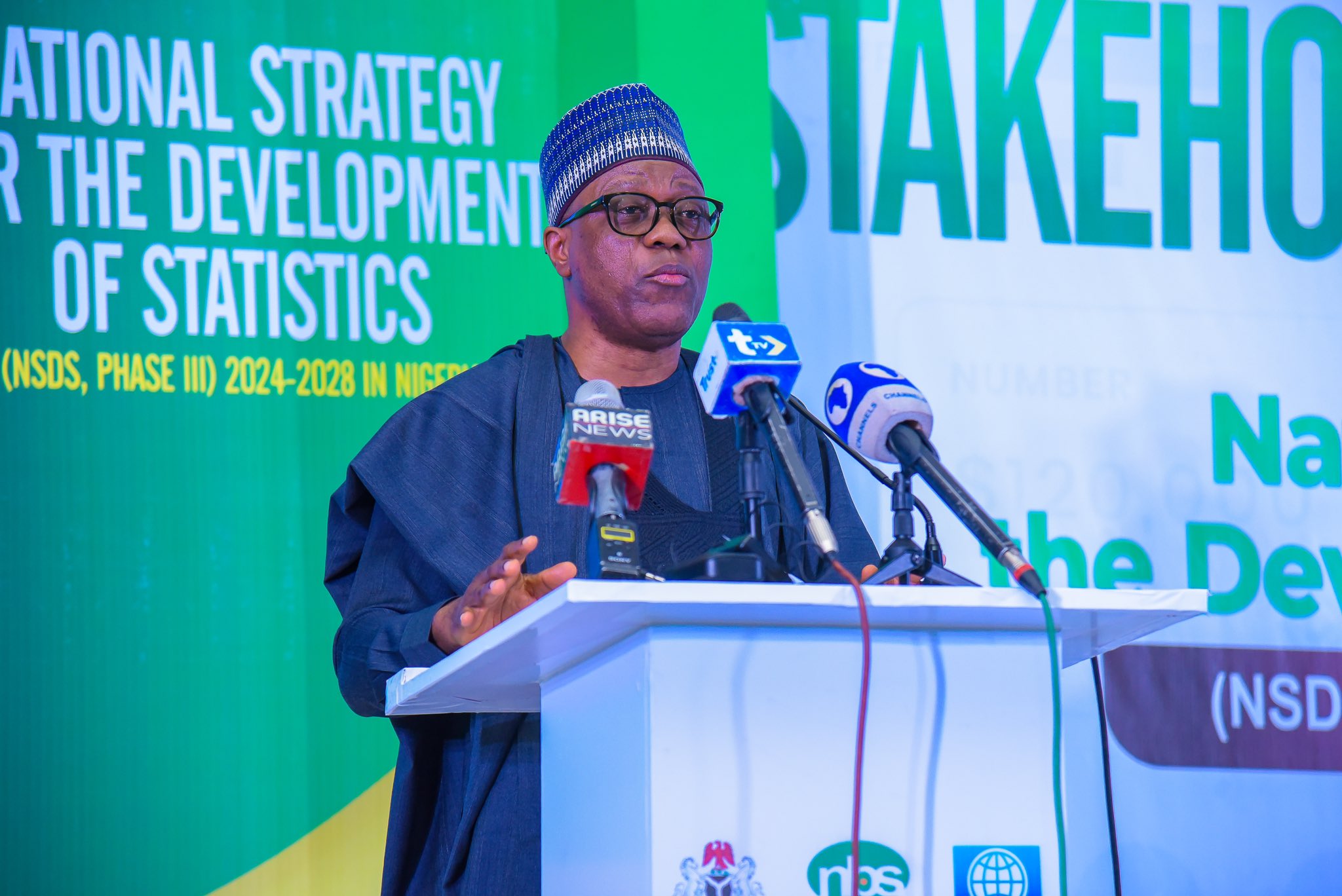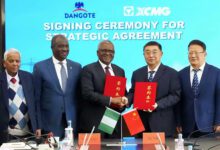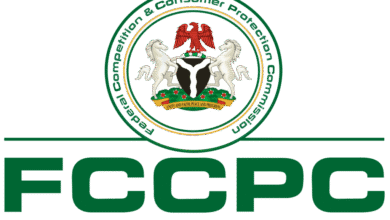
The Statistician-General of the Federation and Chief Executive Officer (CEO) of the National Bureau of Statistics (NBS), Prince Adeyemi Adeniran, has restated the importance of rebasing the nation’s Gross Domestic Product (GDP) and Consumer Price Index (CPI).
Prince Adeniran spoke on Thursday at a sensitisation workshop on GDP and CPI rebasing, organised by the Nigerian Economic Summit Group (NESG) in collaboration with NBS, held at the Summit House in Ikoyi, Lagos.
He explained that the rebasing exercise was designed to ensure that the nation’s economic indicators accurately reflect the current structure of the economy, incorporating new and emerging sectors, updating the consumption baskets, and refining the data collection methods.
“The Rebasing is a vital exercise that ensures our economic indicators are current and accurate reflections of the economic realities on the ground. As economies evolve, new industries emerge, and consumption patterns shift, it becomes imperative to update our statistical measures to capture these changes. Rebasing our GDP and CPI allows us to align with these transformations, providing a more precise and relevant picture of Nigeria’s economic landscape,” he explained.
The NBS boss contended that the process was foundational to informed policymaking, strategic planning, and effective governance; hence, it was one exercise that the Bureau is conducting with significant importance and professionalism.
He said if Nigeria is to make the desired progress and development, it is imperative that NBS, as the official producer of data, plays its role adequately in providing timely, accurate, and reliable statistics to inform all users, both in the public and private sectors, to enable them to design, plan, and implement policies and programs that will lead to the attainment of national objectives.
He said the Bureau’s mindset in undertaking both critical assignments was to ensure that the processes are open, collaborative, and rigorous, making sure that, as much as possible, no stone is left unturned in its bid to measure and report accurately the size of the economy and the level of price changes.
While stating that the workshop was a platform for knowledge sharing, discussion, and collaboration, Prince Adeniran assured the stakeholders that their inputs and suggestions would be taken on board and incorporated where necessary.
Earlier, in his Welcome Address, the Chief Executive Officer (CEO) of NESG, Dr. Tayo Aduloju, said the Group, through one of its four strategic roles in the country, has continually watchdogged the economy and leveraged empirical analysis, evidence, and rigorous research to drive evidence-based policy advocacy, noting that the workshop, in collaboration with the National Bureau of Statistics (NBS), was yet another step in that direction to enhance the understanding and utility of key economic data.
He said, “Economic (GDP) rebasing, in essence, is a recalibration—an exercise with profound significance and akin to cleaning the lenses through which we view our economy, allowing us to see a clearer, more accurate picture of its structure, size, and potential.
“When we embarked on a similar rebasing in 2014, our GDP leapt by nearly 90%, elevating Nigeria’s economy to $510 billion and positioning it ahead of South Africa as the largest economy in Africa. This was not a fabrication; it was a reflection of reality. Sectors like telecommunications, real estate, and the creative industries—once invisible in old metrics—came into full view,” Dr. Aduloju said.
Underscoring the importance of economic rebasing, he said, “First, accurate data enhances credibility. Our debt-to-GDP ratio, a critical indicator of fiscal health, dropped from 19% to 11% after the 2014 rebasing. This improved Nigeria’s creditworthiness, making it a more attractive destination for foreign direct investment. Investors are drawn to transparency and growth potential, and rebasing sends a clear message: we understand our economy, and we are open for business.
“Second, rebasing sharpens policymaking. It provides a detailed map of our economic terrain, enabling governments to identify high-growth sectors for scaling and low-growth sectors that require targeted interventions to drive impactful and balanced development. For example, after Ghana’s 2010 rebasing—which resulted in a 60% GDP increase—its policymakers could better plan for infrastructure and social investments, fuelling sustained growth.
“However, we must acknowledge that the NBS’s past rebasing efforts have often been met with scepticism and misconceptions, which have not only compromised the data’s perceived reliability but also undermined confidence in our statistical processes,” he said.
The workshop, according to him, offers “a unique opportunity for private sector stakeholders to engage deeply with the data, address concerns, and explore how these insights can guide business strategies and policies. Additionally, the workshop will lay the foundation for establishing a relationship focused on data warehousing and advocacy activities in Nigeria, aimed at improving data credibility and validity.”






